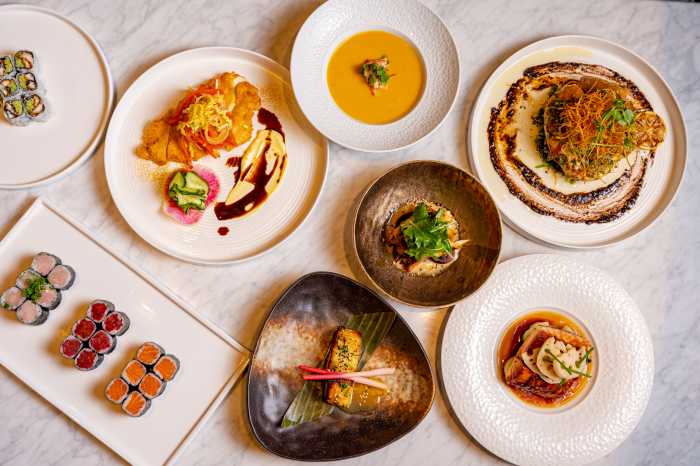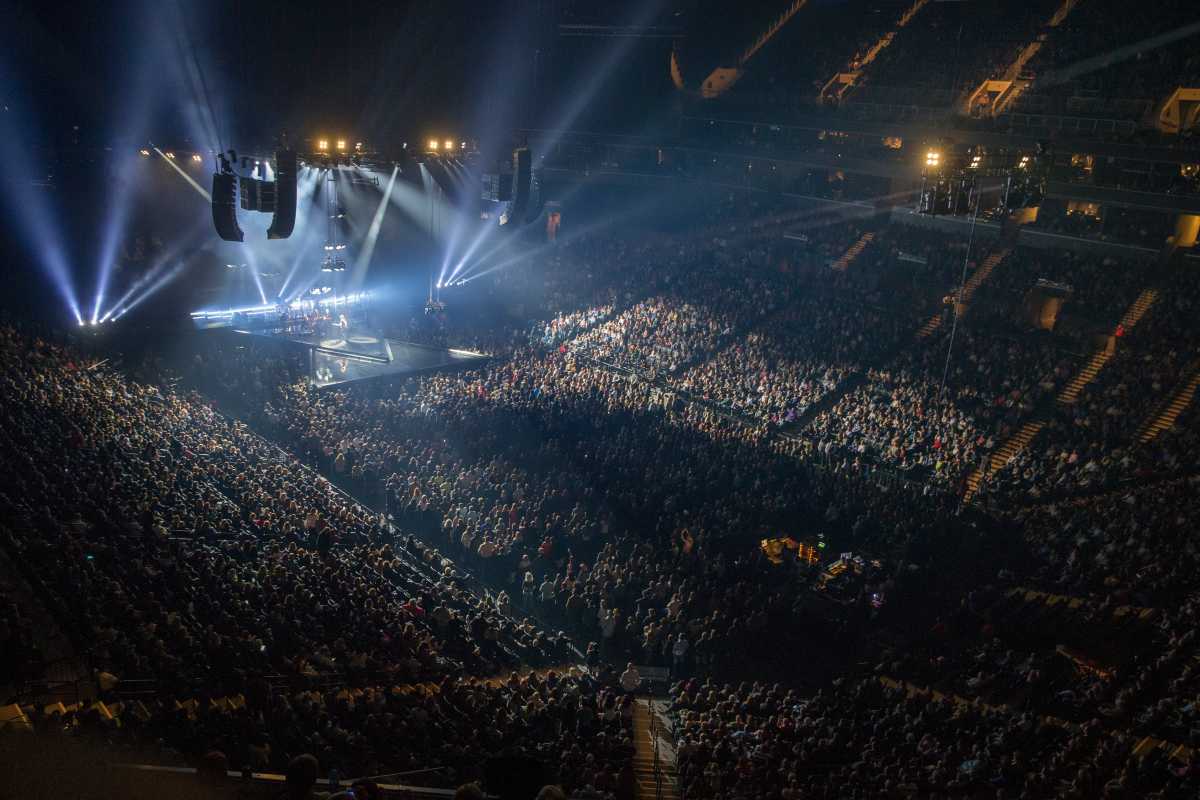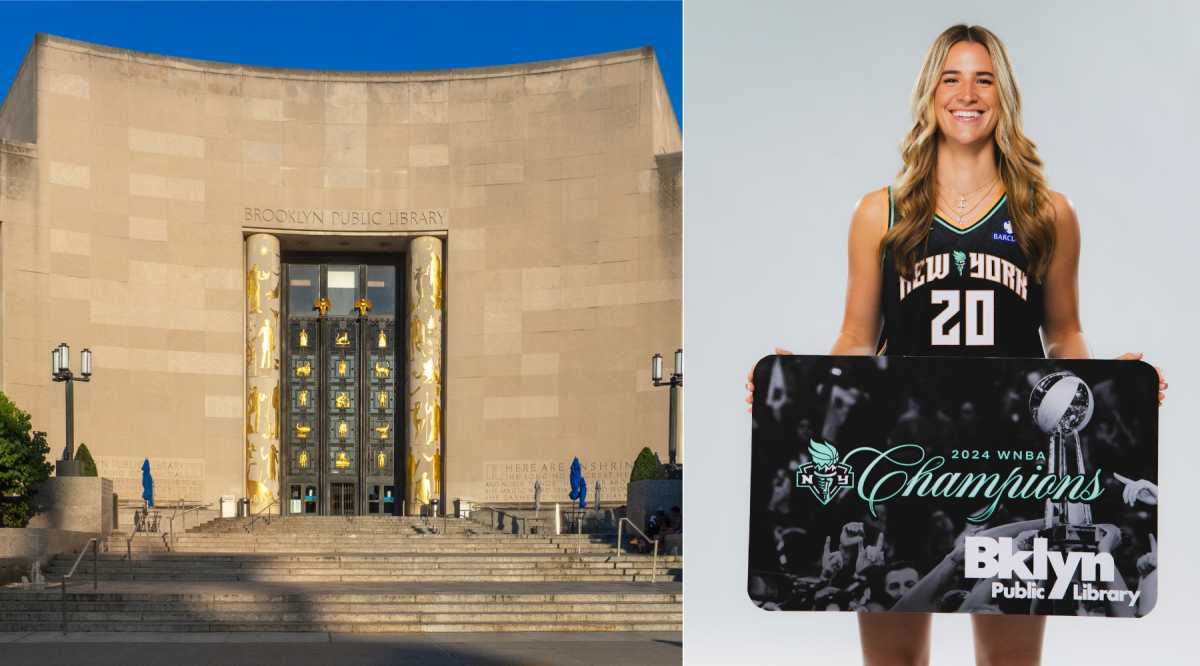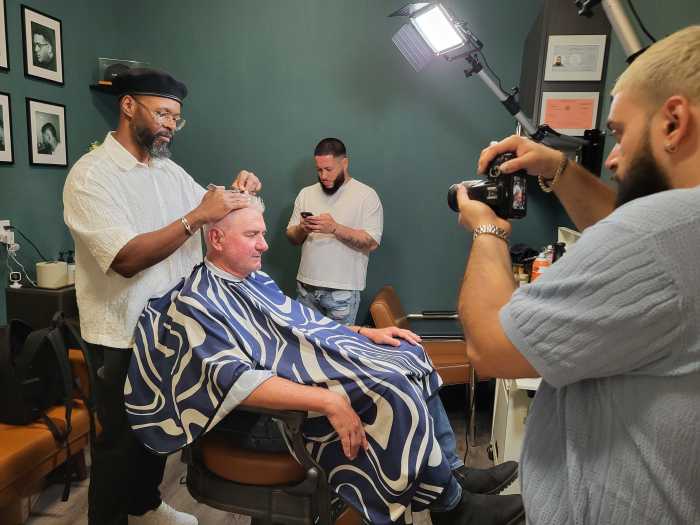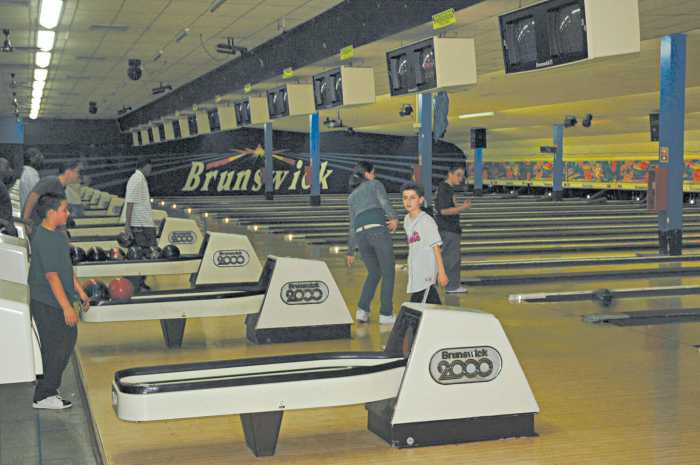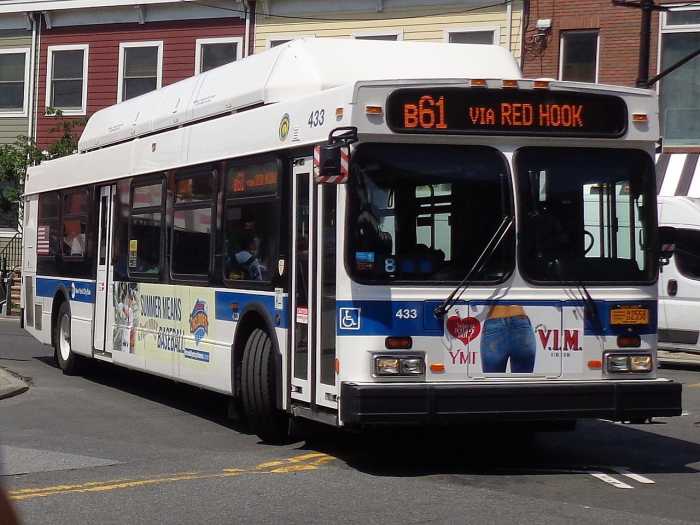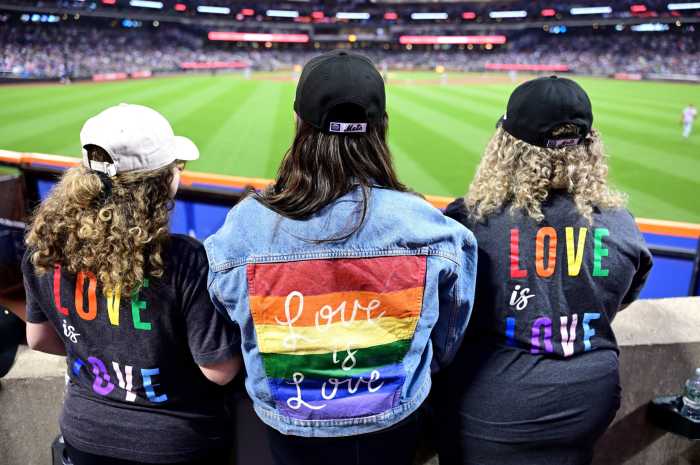Five or six days a week, you can find Mimi Bonny working out at her local Equinox. You can’t miss her — she’s the woman leg-pressing 950 pounds, squatting 225 pounds and doing weighted wide grip pull-ups with 25 pounds dangling from her body.
Bonny is, as you may have guessed, a bodybuilder. The weight lifter is a two-time nationally qualified bodybuilder in the NPC Figure Division. She is also a fitness nutrition specialist and founder of EAT Not Diet, a weight-loss strategy and YouTube channel inspired by her own struggles with yo-yo dieting. And soon she’ll be known as the Bodybuilder Ninja after competing in NBC’s “American Ninja Warrior” (her episode airs June 29).
Between her own workouts, competitions and coaching, she also works full time as a director at a consumer insights brand strategy firm. We spoke with Bonny about her healthy lifestyle and path to becoming the Bodybuilder Ninja.
How did you get into bodybuilding?
I’ve been weightlifting for about 14 years now. I was dating a guy who was really into fitness and thought, sure, I’ll give this a try. I realized genetically I was very strong, stronger than some guys. I was just training and learned there’s a world of bodybuilding. My goal is to become pro. It’s all about small, slow, steady progress. Every time you go into the gym, you’re trying to beat your last performance.
What’s the philosophy behind EAT Not Diet?
In my past, I had an issue with yo-yo dieting, it was extreme. I’ve really learned how to eat flexibly. I became a certified nutritionist and started the brand, EAT Not Diet, based on the philosophy that there is no one diet that works for everyone. In order to create change, people need to create a diet based on what they like to eat, what their lifestyle is and what their body type is. Everyone should have a customized diet. My brand is about self-sufficency and being the best version of yourself.
What’s your diet like?
I’m a foodie — I’m known not only for my strength but my appetite. When I’m building muscle, my goal is to eat 3,000 calories a day and not gain a pound. Your muscle is the most metabolically active tissue in the body, it allows you to eat more. I like to eat a well-balanced diet. I always eat vegetables and fruits to get my vitamins and minerals. I take the GNC Mega Active Vitapak and omega-3 fatty acids for healthy fats. When I say I’m a bodybuilder people think all I drink are protein shakes. I only drink protein shakes post-workout — Allmax, one of the preferred brands among bodybuilders because it has lower fat and better quality protein. It’s even tasty.
What are your healthy go-tos in NYC?
I like to explore new restaurants when I go out to eat. I’ve learned how to identify what can fit into my day based on if I had a really intense workout day or a rest day. One neighborhood spot in SoHo I like is Spring Natural — it’s a healthy, eclectic restaurant. I generally bring my own lunch, but when I do go out for lunch, Whole Foods is a favorite spot, it has a version of Chipotle that seems to be healthier and have bigger portions. And if I really want to be meticulous with my protein and carbs, I go to Muscle Maker Grill.
What is your training like?
I’ve gotten to the point where I train intuitively. I train by body part. “American Ninja Warrior” is a very different type of training than bodybuilding, but it’s such a fun challenge for me now to try and combine the two sports. In a way it’s contradicting. In bodybuilding, in order to make progress you have to gain muscle. You become very heavy and it’s hard to hang on to things. In terms of diet, bodybuilding competition dieting requires you to get ripped and shredded on stage — you have no energy, you have such low body fat. In terms of “American Ninja Warrior,” you have to give a performance and have energy. It tests your endurance, upper body strength, balance and grip strength. I’ve never trained for grip strength or forearm strength — it gives me a whole new muscle group to progress on.
How do you maintain a healthy body image in this industry, given your own past issues with dieting?
I’ve gotten to the point where I’m very happy overall with how my body is. I’ve never deprived myself. Even if I didn’t improve anymore, I’m happy with my body. A lot of it is psychology and self-awareness and identifying what leads you to overeat and really creating a strategy.



